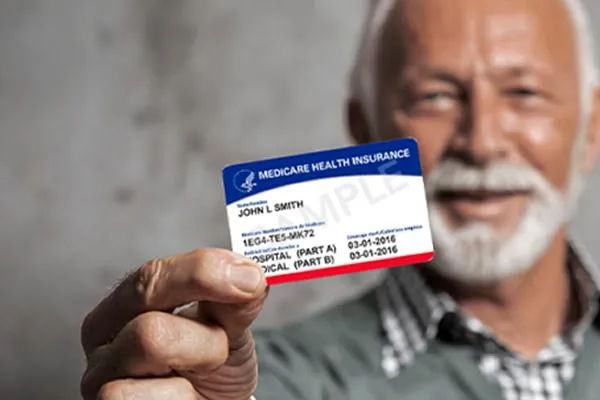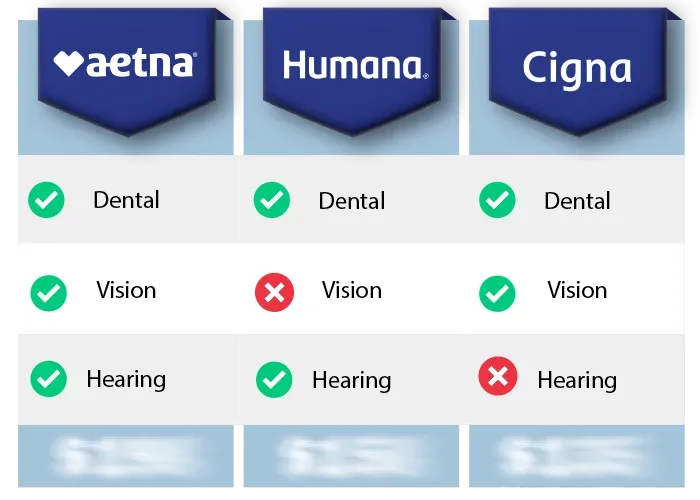
Medicare D: Navigating Prescription Drug Coverage
Medicare D: Navigating Prescription Drug Coverage
Medicare, the U.S. government's health insurance program for seniors and certain disabled individuals, offers several parts, each designed to address specific healthcare needs. One of these parts, Medicare Part D, focuses on providing prescription drug coverage. This article delves into the nuances of Medicare D, helping beneficiaries understand its offerings, costs, and how it fits into the broader Medicare landscape.
1. Introduction to Medicare D
Medicare D, commonly referred to as Medicare's prescription drug coverage, is an optional benefit offered to everyone with Medicare. It's a way for beneficiaries to get assistance with the costs of prescription medications. Whether you're new to Medicare or have been a beneficiary for years, understanding Part D can help you make informed decisions about your healthcare.
2. How to Obtain Prescription Drug Coverage
To benefit from Medicare D, beneficiaries have two primary avenues:
Medicare Drug Plans (Part D): These are standalone plans catering solely to drug coverage. They can be added to Original Medicare, some Medicare Cost Plans, some Medicare Private Fee-for-Service (PFFS) Plans, and Medicare Medical Savings Account (MSA) Plans.
Medicare Advantage Plans (Part C): Also known as MA-PDs, these plans are an "all-in-one" alternative to Original Medicare. They combine hospital, doctor, and usually drug coverage. If you join an MA-PD, you'll receive your Part A, Part B, and Part D coverage through this plan.
3. Understanding What Medicare D Covers
The specifics of what each Medicare D plan covers can vary, but there are some general guidelines:
Formularies: Every Medicare D plan has a list of covered drugs, known as a formulary. While formularies can change, the plan must notify you if it affects a drug you're taking.
Tiers of Coverage: Drugs on a formulary are often organized into tiers, which determine the drug's cost. Typically, drugs on lower tiers cost less than those on higher tiers.
Generic and Brand Name Drugs: Most plans offer both generic and brand-name drugs. However, the cost for these can differ, with generic drugs usually being cheaper.
4. Costs Associated with Medicare D
The costs for Medicare D can vary based on the plan and the drugs you need. Some potential costs include:
Premiums: The monthly fee for the plan.
Deductibles: The amount you must pay for drugs before the plan begins to pay.
Copayments and Coinsurance: Your share of the costs of a covered drug.
5. Medicare D and Other Insurance
It's not uncommon for beneficiaries to have other forms of health insurance in addition to Medicare. It's crucial to understand how Medicare D interacts with other insurance types:
Employer or Union Health Coverage: If you have this type of coverage, contact your benefits administrator before making any changes to your coverage or joining a Medicare D plan.
COBRA: If you have COBRA when you become eligible for Medicare, you should consider enrolling in Medicare Part B and D because COBRA doesn't exempt you from Medicare's enrollment requirements.
Medicaid: If you qualify for both Medicare and Medicaid, most of your health and prescription drug costs are covered.
6. Conclusion
Medicare D plays a pivotal role in ensuring that Medicare beneficiaries have access to the prescription drugs they need. By understanding its coverage nuances, costs, and how it interacts with other insurance, beneficiaries can make informed decisions that best suit their healthcare needs.

Copyright © 2025 Senior Benefits Guide All Rights Reserved.
204 Church St Suite 1A, Boonton NJ 07005
Disclaimer: This website is not affiliated with the Medicare/Medicaid program or any other government entity. The information provided on this website is for informational purposes only. It is not intended to be, nor does it constitute any kind of financial advice. Please seek advice from a qualified professional prior to making any financial decisions based on the information provided. This website acts as an independent digital media & advertising publisher. This webpage is formatted as an advertorial. An advertorial is an advertisement that is written in an editorial news format. PLEASE BE AWARE THAT THIS IS AN ADVERTISEMENT AND NOT AN ACTUAL NEWS ARTICLE, BLOG, OR CONSUMER PROTECTION UPDATE. This website MAY RECEIVE PAID COMPENSATION FOR CLICKS OR SALES PRODUCED FROM THE CONTENT FOUND ON THIS WEBPAGE. This compensation may affect which companies are displayed, the placement of advertisements, and their order of appearance. Any information, discounts, or price quotations listed may not be applicable in your location or if certain requirements are not met. Additionally, our advertisers may have additional qualification requirements.
Our goal is to provide exceptional service. One of our agents may reach out to you to discuss your order, ask for feedback, and/or see if you need any assistance with your products, services, or plans, at the phone number you provided regardless of your do-not-call list status. You may opt-out of further contact at any time by simply telling our customer service team that you would no longer like to be contacted. In the event that our team is unable to reach you by phone, they may send you a text message letting you know that we called. Both our text messages and phone calls may be sent or connected utilizing automated software. Carrier charges may apply. You may opt-out of any future contact via text message by replying anytime with "STOP".
Copyright © 2025 All Rights Reserved.
Find Medicare Advantage Plans in 3 Easy Steps

